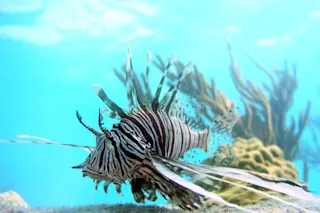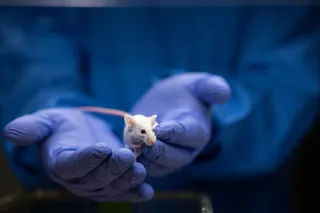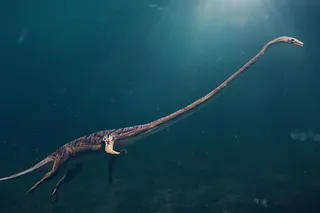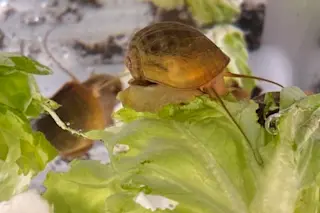An invasive lionfish in the Bahamas. Photo by Mark Albins. The lionfish eating their way through the Atlantic and Caribbean are among the worst marine invasive species to date. Anything we can do to limit their populations is a step in the right direction, thus it's not surprising that some are getting creative when it comes to control. One of the most common questions I receive goes like this: What if there's something worthwhile in their venom? Could we convince people to hunt them in droves if we can find a medical use for their spines? It sure sounds like a perfect plan: study lionfish venom, find medically-relevant compound, and harvest millions of invasive lionfish to extract it. If only it were that simple. As I explained through the incredible story of Ellie Lobel, the pharmaceutical potential of venoms is vast and nearly untapped. Scientists are beginning to understand the ...
Venom As Medicine Won't Solve The Lionfish Invasion
Explore invasive lionfish control strategies, including the potential of lionfish venom in pharmaceuticals. Discover the best approaches!
More on Discover
Stay Curious
SubscribeTo The Magazine
Save up to 40% off the cover price when you subscribe to Discover magazine.
Subscribe













